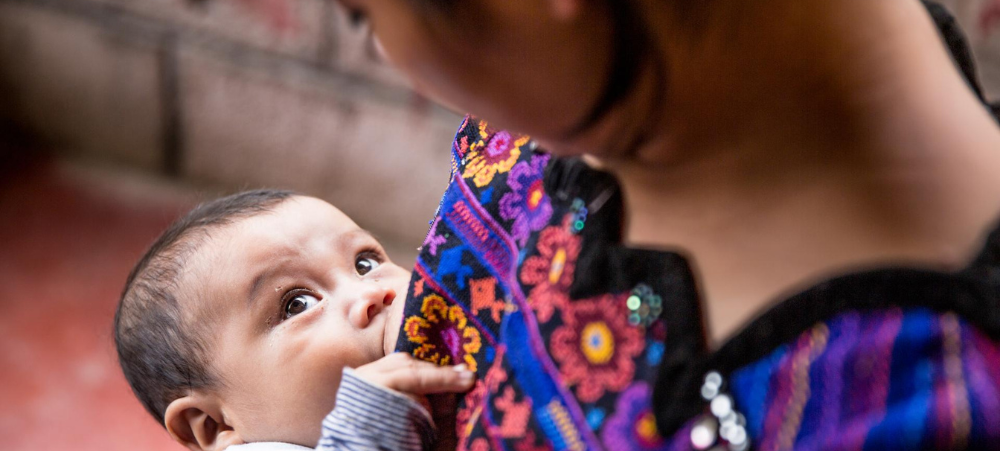In South Africa, as the sun rises each day, approximately 3 505 births occur, surrounded by family, friends and community with advice, religious traditions, cultural beliefs and family expectations. For those without a circle of people, there is an opportunity to reach out and find advice from support groups and online information sources, like the monthly Vital Baby Instagram Live’s with Sr Londe, Vital Baby’s trusted advisor, who provides advice for new mums and mums-to-be, answering your specific questions during the sessions. However, parenthood is a personal path where we are called to trust our instincts, listen to what our body is communicating, and create the connection to nurture each tiny soul gifted to us to grow and thrive.
Pregnancy Preparations:
Many traditions have rituals to announce the pregnancy to symbolise the celebration and acceptance of new life, however this doesn’t usually take place until the fourth month of gestation to ensure the pregnancy is healthy and can grow to term.

In the Zulu tradition, the Ukubika Isisu is a formal process to inform the father-to-be’s family of the pregnancy so they can become accountable for their role in the child’s life. This meeting must take place before sunrise, and establishes responsibility and communication between the families. If the couple is unmarried, the father-to-be is expected to pay Inhlawulo or compensation, either in money or livestock, symbolising the cultural responsibility of respect and community bonds. Once the child is born, the ritual of Imbeleko, where a goat is sacrificed confirms the celebration.
Pregnant women may face many taboos and food restrictions; some Zulu women avoid eggs during pregnancy, believing the child will be born without hair and even today, medical doctors advise pregnant women to avoid raw eggs and fish due to the risk of bacteria. What is essential is mothers-to-be follow a balanced diet, stay hydrated, and supplement with prenatal vitamins.
Simantonnayana, a protective practice, sees Indian women wearing red and green glass bangles from the seventh month of gestation, where it is believed the tinkling sound of the bangles will reach the womb and comfort the foetus. Today, this is supported by science, which tells us that babies in the womb can hear their mother’s heartbeat, voice and music as their hearing develops around 16 to 22 weeks, and new mums and dads are encouraged to talk to their ‘bump’ to aid in bonding.
Prenatal care, childbirth, and postpartum health means early and regular check-ups to help monitor your health and the baby’s development and the support of childbirth classes to learn about labour, safe pain management and relaxation techniques. The gestation period is a time of preparation for new mothers to ponder their birthing plans.
Birthing Requirements:
In the past, men have not always been allowed to participate in the birth of a child, rather midwives assisted with the delivery, and purification rituals were first made to strengthen and protect the newborn.
Today, many women still prefer home births, drawing on ancestral wisdom and the comfort of home, where midwives, doulas and elders are seen as trusted custodians providing emotional support while bridging the gap between modern healthcare and age-old customs. Improved access to medical facilities, ultrasounds, blood tests, and prenatal screenings allows early detection of potential complications and better management of high-risk pregnancies. Some new mothers may not be able to give birth naturally, and caesarean sections, epidurals and other pain relief options are administered in a hospital.
In the Xhosa tribe, a profound purification and cleansing ceremony known as Sifudu takes place for newborn babies. This ritual serves a dual purpose: it introduces the child to their ancestors and vice versa. It is considered essential for the baby’s well-being and their deep connection to their cultural heritage.
Breastfeeding is more than just nourishment. In traditional cultures, it is considered a sacred act that binds the mother and child not only in the physical realm but also to their ancestral lineage. It is believed that breast milk carries ancestral blessings and wisdom.
Thankfully, modern dads are encouraged to be part of the birthing and breastfeeding process with their partners and can become experts in supporting their partners with breast pumping and breastmilk feeding schedules, thanks to the latest technology with the Vital Baby NURTURE Flexcone Electric Breast Pump Gift Setwhich includes everything needed for an infant’s feeding schedule whether you are a mom or a dad.
Postpartum Practices:
Family and communities provide emotional and practical support during pregnancy, labour, and postpartum. Most customs see a period of confinement after the birth, named inzala in Xhosa, where mothers can rest, recuperate and bond with their newborn and where challenges can be managed such as latching, care of the umbilical cord, sleep and feeding routines and watching for signs of postpartum depression.
A mother’s instinct is to be trusted. One new mother’s instinct told her that her infant was not able to suck properly during feeds; it was only after a follow-up check-up that it was discovered the hospital had missed the infant’s cleft lip. Vital Baby offers a range of products specifically designed to support infants, including those with cleft lip and palate, helping to address the unique challenges they face with Nurture Breast-Like Feeding Bottles, carefully crafted to mimic the natural feel and shape of the breast, assisting babies to latch on easily and comfortably during feeding.
In many traditions, the umbilical cord is considered sacred, and its natural detachment or falling off is seen as a significant event. For baby boys, circumcision may also be a religious requirement done within a few days of the birth. Here, new mum’s can provide comfort with Vital Baby Soothers for newborns and up, which feature symmetrical soother teats that make the soother easy for baby to hold in their mouth.
Remember that every mother’s journey is unique. Trust your instincts, seek professional guidance, and surround yourself with a supportive community.

Vital Baby’s Commitment
As a company deeply invested in maternal and child health, Vital Baby celebrates South Africa’s cultural diversity. We collaborate with midwives, community leaders, and healthcare providers to create products that align with cultural values. Our mission is to empower families while respecting their unique traditions and recommend balancing cultural beliefs with evidence-based medicine. Respect practices that enhance well-being without compromising safety.
For more information visit vitalbabyshop.co.za
- Silent Night? How to Handle Baby Sleep Disruptions During the Holidays - December 17, 2025
- Mental Health and the NICU Mom: The Silent Battle Behind the Glass - December 8, 2025
- Co-Sleeping, Cribs, or Sleep Training — What Works Best? - November 10, 2025






1 thought on “Modern Motherhood: Celebrating Diversity & Traditions in the Journey of Life”
Wonderful and helpful content. Thank you for always giving us the best